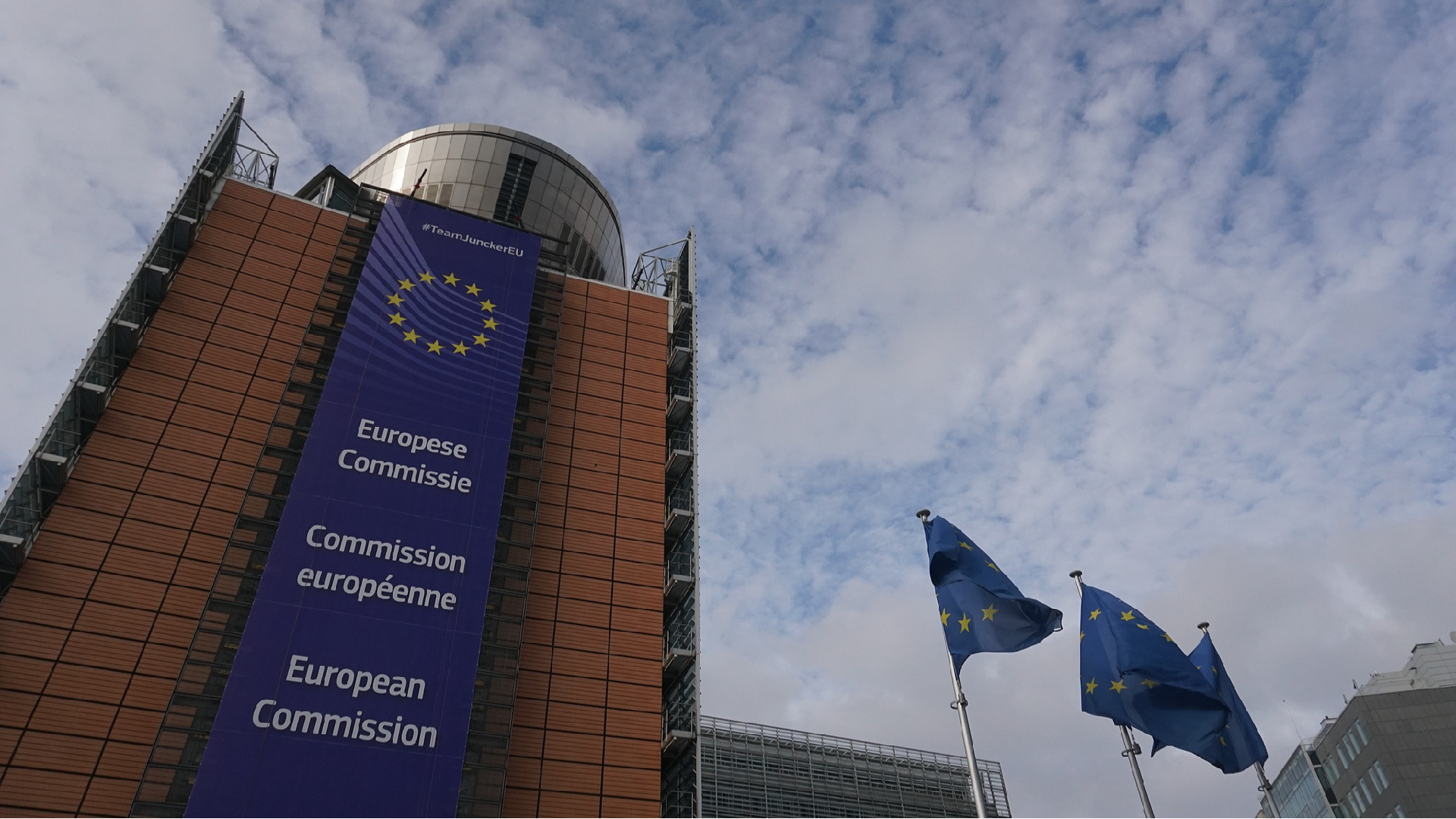EU hastens strategic shift, seeks independence amid Trump-imposed tariffs
The European Union is actively reshaping its global strategy by strengthening connections with Asia and other regions while asserting greater strategic autonomy, especially in light of extensive U.S. tariffs imposed during Donald Trump's presidency....

The tariffs imposed by the Trump administration on European exports have led Brussels to expedite its shift towards Asia. European Commission President Ursula von der Leyen has announced initiatives to enhance political and trade relationships with key Asian economies to counteract U.S. market restrictions. Concurrently, the EU is negotiating with China to establish a mechanism for setting minimum sale prices on imported electric vehicles in exchange for suspending customs duties, which have been raised to as much as 45.3 percent.
Discussions commenced in early April after EU member states ratified the tariffs last October, which disrupted expansion plans for Chinese manufacturers such as BYD and Nio. Both companies have faced diminished market shares in Europe this year due to the new tariffs. In response, they have implemented differentiated pricing strategies, with BYD planning to initiate local production in Hungary to circumvent these levies.
European car manufacturers and auto-industry associations, particularly Germany's VDA, have expressed support for ongoing price-commitment negotiations as a way to maintain market access and consumer choice. "Regardless of current global developments, it must also be discussed here how to reduce obstacles and distortions in international trade, rather than building new hurdles," VDA stated.
Additionally, the EU has indicated its willingness to negotiate a trade agreement that would be acceptable to China, asserting that it will not decouple from the Chinese economy as a prerequisite for a trade deal with the United States. The EU emphasizes that discussions with Washington and its relationship with Beijing are two distinct policy avenues. This clarification came amid reports that Trump might compel other nations to choose between aligning with Washington or Beijing in trade talks.
As Arianna Podesta, the European Commission's deputy chief spokesperson, noted, "The U.S. and the EU are discussing what are the elements where a win-win outcome can be reached." She added, "This is distinct from our relations with China."
In the midst of these trade adjustments, there is a growing recognition among EU capitals of the need for strategic autonomy. Germany's incoming Chancellor Friedrich Merz has publicly stated that his "absolute priority" is to enhance European defense capabilities and gradually reduce dependence on U.S. security support, attributing this shift to Trump's unpredictable policies. His coalition agreement features a €500 billion special fund that exempts defense spending from debt limits, signaling a significant shift toward European-led security.
Alongside changes in defense and trade, France aims to attract U.S. researchers impacted by cuts to federal science budgets. President Emmanuel Macron has initiated the "Choose France for Science" program, offering co-funding and visa assistance to scientists facing uncertainty in the U.S. European Commission President von der Leyen has supported this initiative by hosting events to emphasize Europe’s commitment to academic freedom and innovation amid U.S. policy instability.
EU High Representative Josep Borrell has reflected on these changes, noting that if there is a positive aspect to Trump's disruptive tariffs and isolationist policies, it is the motivation they provide for Europe to broaden its global presence from Asia to Africa and into Latin America. The EU has already allocated a €4.7 billion investment package for South Africa, presenting it as an essential opportunity to strengthen ties in regions that feel overlooked by the United States. Additionally, renewed momentum has emerged in discussions to finalize the long-stalled Mercosur trade agreement with Latin America as Brussels aims to diversify its economic engagements beyond U.S. markets.
Max Fischer for TROIB News
Find more stories on Business, Economy and Finance in TROIB business












